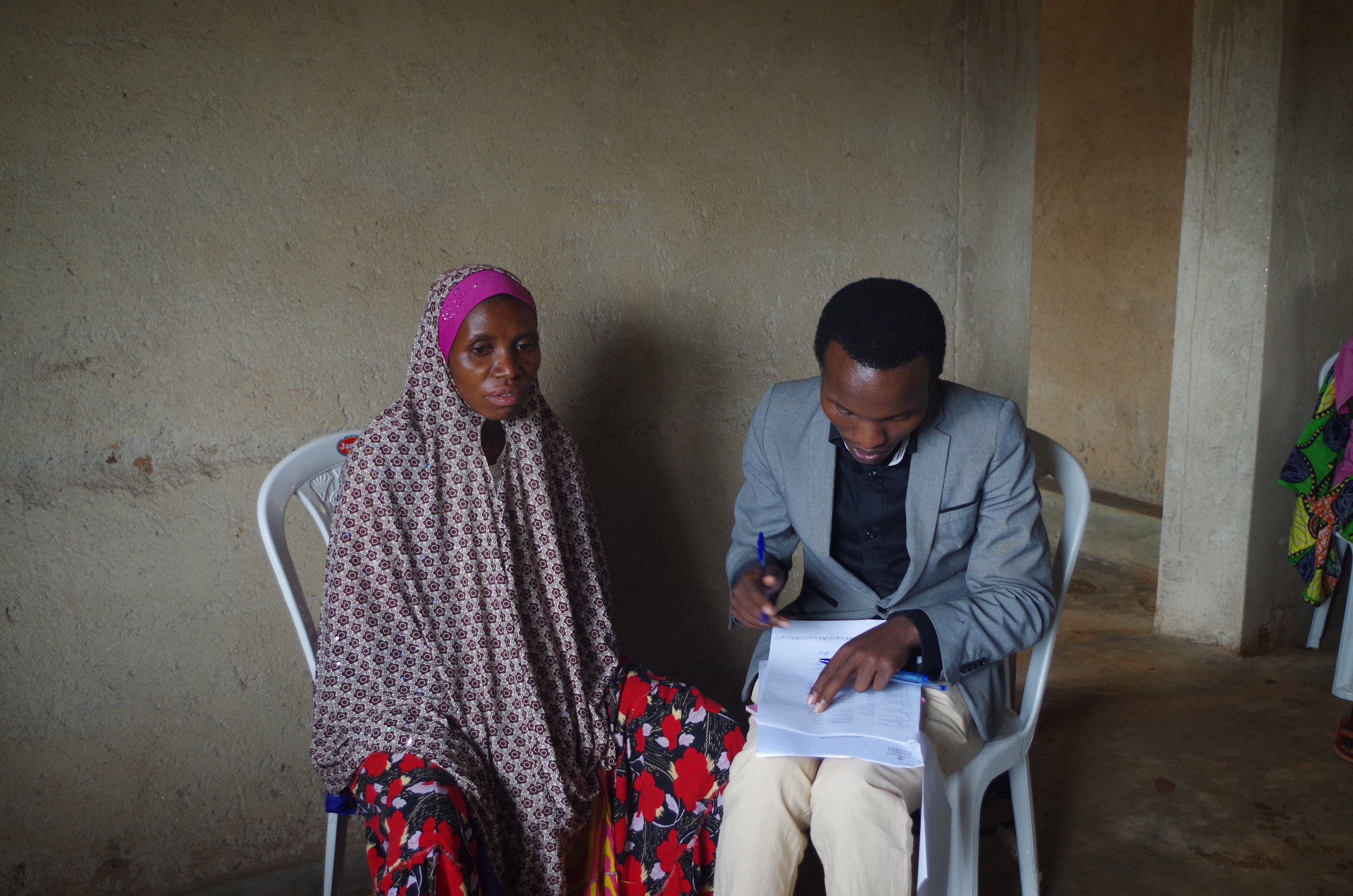Education Must Matter
My childhood was filled three important things: sports, family, and “playing” school.
As an educator for over 30 years, my father frequently brought my brother and I to his summer school sessions at large, expansive high schools in Denver. This was my dream world. I would sometimes pack my stuffed animals, and with my brother, arrange them in desks so I could teach them whatever lesson I felt was important for the day.
My allure to school was rooted in something far more than new school supplies or the excitement of a unique lesson; I loved school (real, or otherwise) because always, I have appreciated learning, and understanding knowledge in new, innovative ways. I was fortunate enough to attend schools that encouraged me to ask questions, always considering why I think the way I do.
This drive for education, since I was young, has fueled my passion for all people experiencing and having the same right to an open, accessible, and meaningful learning experience.
At The Women’s Bakery, education is the foundation for all that we do. We believe that a foundational education, one that can be applied in real, practical ways, can lend opportunities for gainful, sustainable employment, and opportunities for health. We provide all training groups with 150+ hours of lessons that are especially tailored for their communities and backgrounds. Intentionally, we design and deliver lessons that provide new skill-sets that are needed, applicable, and useful – whether a woman works in a bakery, launches her own business elsewhere, or seeks regular employment in any field.
The promise of education isn’t enough; in Rwanda, even for secondary students who can and do complete their high school diploma (only about 14% of those enrolled), the job market is severely saturated such that job acquisition becomes a major barrier for income generation. Thus, education must matter – it must mean something.
Our curriculum package pulls content from a variety of areas to create distinctive modules of content: nutrition, life skills, business skills, and bakery-specific expertise. Each lesson has a subset of sessions that get even more specific, ranging from sessions on how to use substitutions in recipe adjustments and how to complete a sales pitch for a bread product.
We've been revamping this curriculum this year, accounting for our learnings at existing bakeries, and ensuring that each part of our sessions are culturally appropriate, for example, updating our vocabulary terms so that the high-level business terms are articulate for those who may have no previous business experience. The revamp has been a way for us to ensure that our pedagogy is experiential focused, so that TWB students can learn theoretically and by hand - practical learning, we have found, is most effective - when providing business and bakery education.
When TWB graduates receive their certificate, they have also completed a post-test, recognizing that they have experienced knowledge gain, and more importantly, they have skills that are applicable to future opportunities. Graduation is a big deal for our team at TWB; it is the launching pad for a future bakery, but also, a celebration of students – who may have never attended or completed school before – and now, can enter the world, completing coursework that matters.
“Success” at TWB looks a lot of different ways: a profitable bakery, income generation, and health opportunities for women; these are just some of the measurements we use to track what is working – and what is not. Educational excellence continues to be one of our most important, too, knowing that a meaningful education is irrevocable – no one can take that away.
That is the essence of us, TWB, as we envision a future of autonomous women, accessing social mobility for entire households, one bakery at a time.

